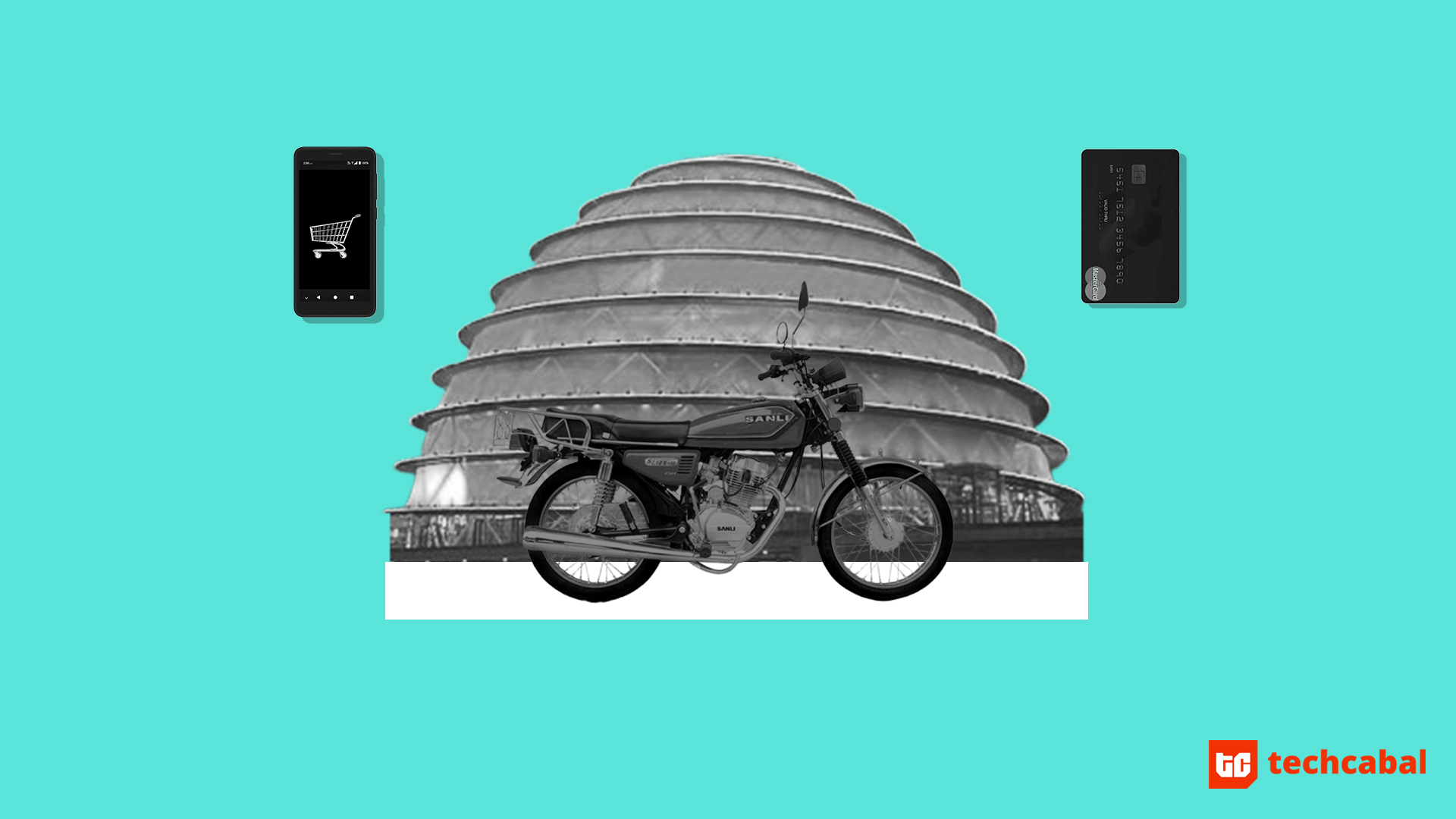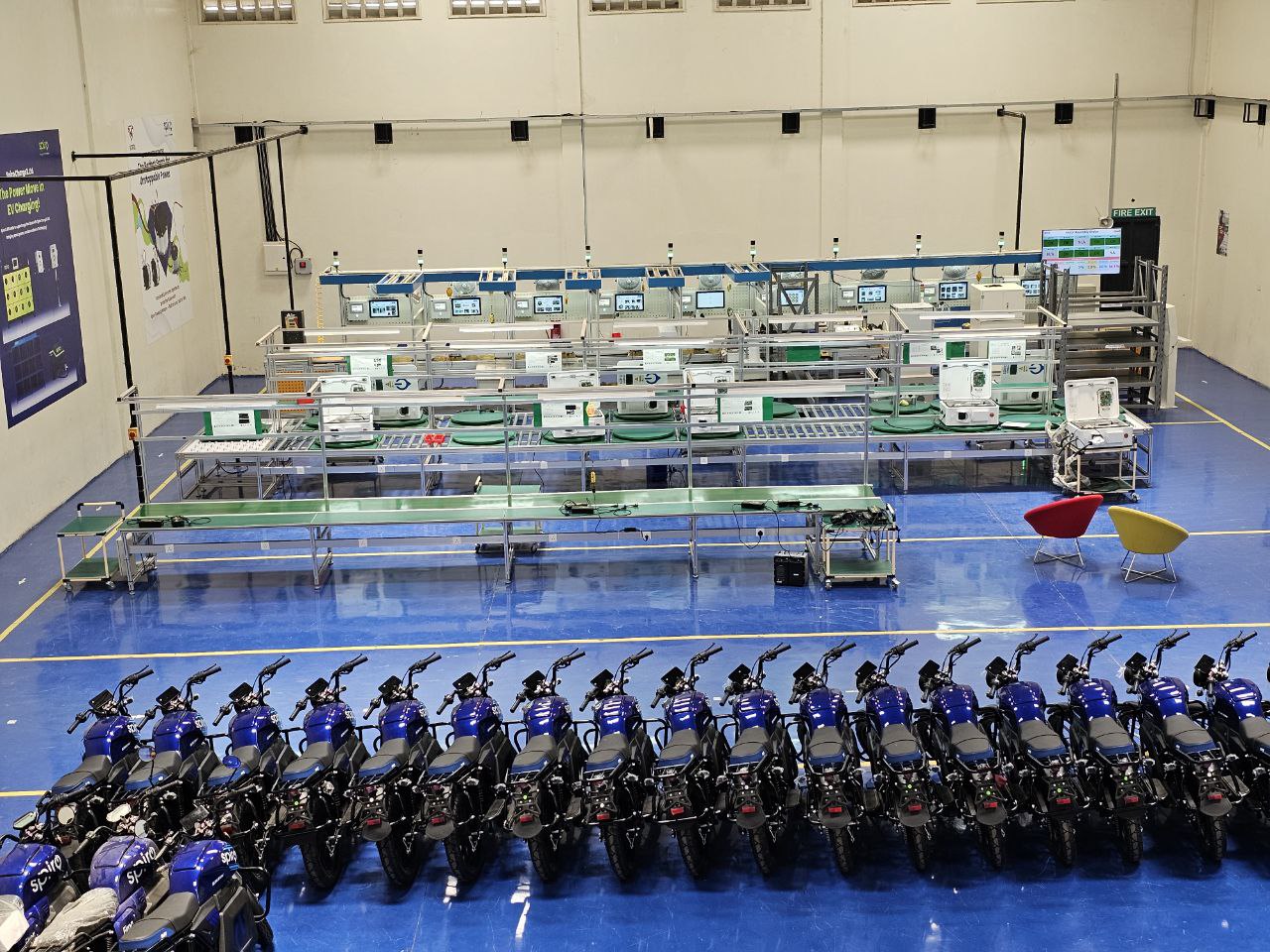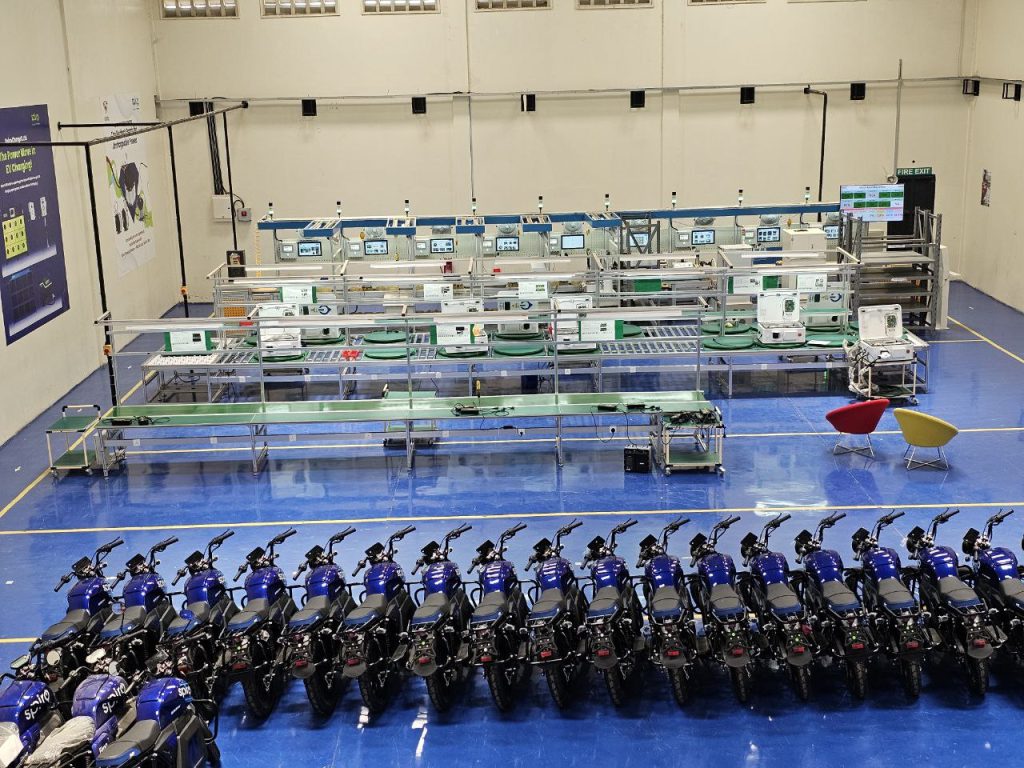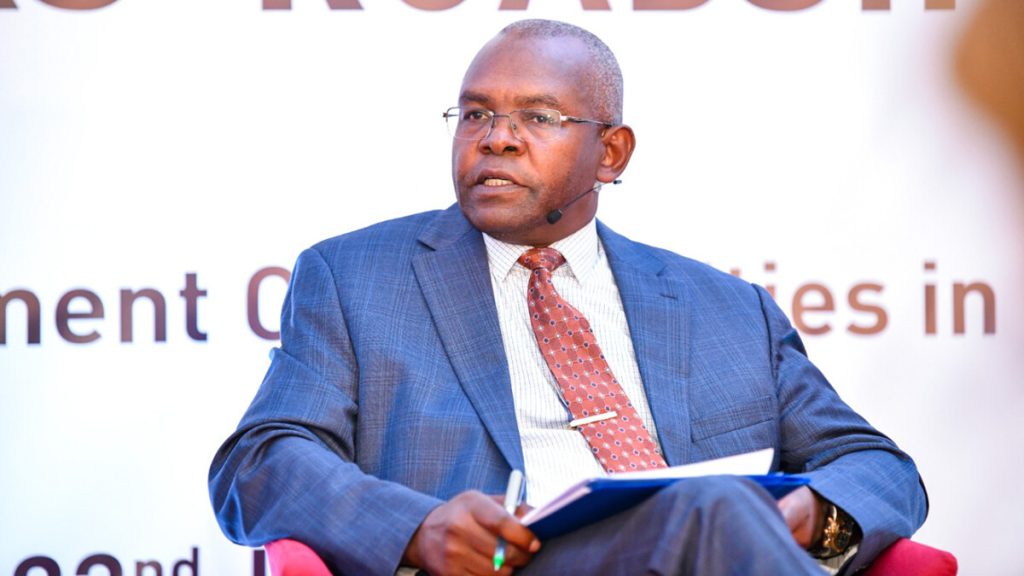Every week, we talk to Africans who live and work in interesting countries: they share their tech experiences and what they’re learning about how other countries use technology. You can read about how ubiquitous WePay and AliPay are in China or Somaliland, the little known autonomous region of Somalia.
It’s a hot day in Lagos when I reach out to *Tony, an engineering manager at Andela.
He has always wanted to visit Rwanda because for him, they’re the country closest to “breaking the cycle of poverty in Africa.”
If you live in Lagos, you need to face the Murtala Muhammad International airport (MMIA) to get to Rwanda.
Tony describes the international airport in Lagos as “hot, decrepit and noisy.” Despite arriving three hours before boarding time, he found the airport staff unwilling to help.
“The attendants had issues because I had a one-way ticket. I described in detail, with proof of my invitation but they insisted I wouldn’t be able to board until they confirmed. I had to call my office in Kigali to intervene and the attendants still asked for a bribe after.”
In 4 hours and 30 minutes, Tony left the drama of the MMIA for the Kigali International airport.
“The first thing that hits you in Kigali is the 18-degree evening and the clean air. It’s an organised airport and the immigration doesn’t waste your time with unnecessary questions.”
Tony’s verdict of the Kigali airport: MMIA is bigger but Kigali looks more modern. You spend at most three minutes at the immigration desk and no one is fighting other people for their luggage.
When you arrive in a new city, you want to let your friends and family know you’ve arrived in one piece. You need a SIM card for that and in Kigali, you can get that done at the airport. But, how do you choose between MTN, Airtel, and Tigo?
“I had already asked my colleagues the best network to use and they advised me to use MTN. MTN Rwanda has wider coverage, better quality 4G network and mobile money penetration.”
You can also buy a SIM card outside the airport, because there’s an MTN booth set up.
“You need your international passport for SIM registration and it takes about ten minutes to buy and register a SIM card.”
Tony’s advice: MTN has better coverage and a booth right outside the airport, so consider that as your easiest way to get a SIM card.
When you’re all set up with a SIM card, you go into Kigali and start to notice all the ways it is different from Lagos. The most obvious difference is that unlike Lagos, Kigali is a calm city.
“There is silence and calm in Kigali. Unlike Lagos, there is no deafening noise from generators. All the major roads are smoothly paved, but also have a number of branch roads that are still untarred.”
Outside Kigali, most of the other cities are countryside, with lush, green pasture. It is the reason Rwanda is called the “land of 1000 hills.”
“Gisenyi and Akagera Safari are in the West and are popular tourist destinations. Kigali is the only gentrified city, I’ve been to the East, West and South provinces and the facilities are less modern. “
Tony’s thoughts on Kigali: It’s a calm, safe city. But the general sense of calm also means service at public places is also slow. That absence of hurry when you’re at a restaurant waiting for your food can take some getting used to.
How does one get around Kigali? Ride-hailing or motorcycle-hailing services or good ol’ public transportation?
“The major means of transportation in Kigali is via Motos (motorcycles). But for those who want to use taxi cabs, there is Move, a cab-hailing service owned by Volkswagen.
There are also Yego cabs,which means “Yes Cabs”. Yego cabs are the conventional taxi cabs.”
The more popular cab-hailing services, Bolt and Uber, do not operate in Rwanda. With motos being so ubiquitous, how does the government ensure safety?
In Lagos, concerns over safety led to the ban of commercial motorcycles.
“In Rwanda, your moto is confiscated if you don’t have a licence or your passenger helmet on, and it will cost a bit to retrieve it.”
My verdict: It helps that Kigali, a city with a little over 1 million people can enforce regulations on Moto. In Lagos, a city with 21 million people, enforcement of safety regulations has long remained an issue.
How do you make payments in Kigali? Cash, credit/debit cards or mobile money?
“I think it’s different depending on the crowd. Tourists tend to use more cash, while residents use debit cards. More seasoned residents often use mobile money. I use mobile money to pay for motos.”
MTN, Airtel and Tigo all offer mobile money services. In 2015, this report showed that Rwanda has 7.6 million mobile money subscribers.
While mobile money gains ground, fintech apps that offer loans are not as popular. “There definitely isn’t as much proliferation of fintech apps here. No loan apps or wallet apps are well known and leveraged.”
My question: Is there a market for fintech apps in Rwanda?
One of the things many fintech apps in Nigeria can help you do is pay for mobile data. How much data does $5 get you in Rwanda?
For $6.45, MTN offers an Unlimited 4G bundle.
My verdict: That’s pretty cheap.
When you have data, you have to use it, here are the five apps Tony uses most when he’s in Rwanda: Twitter, Instagram, Vuba, Sprouts and Whatsapp. In Lagos, he uses Instagram, Slack, Bolt, Twitter and Cowrywise.
In the end, Tony says the tech scene in Rwanda is still at an early stage. “I’m with one of the big Tech brands in Rwanda so I would say I’m at the center. It’s still a nascent community, there are not as many tech hubs or products as Lagos.”
“But in Lagos, even though Andela is big, it is hard to feel like you’re at the center.”
That’s why he decides not to give Rwanda a rating on a scale of 1-10.
“Any value I give will be uncomfortably arbitrary.”
*Not his real name
If you want to share your tech experience with TechCabal, send me an email: muyiwa@bigcabal.com




















